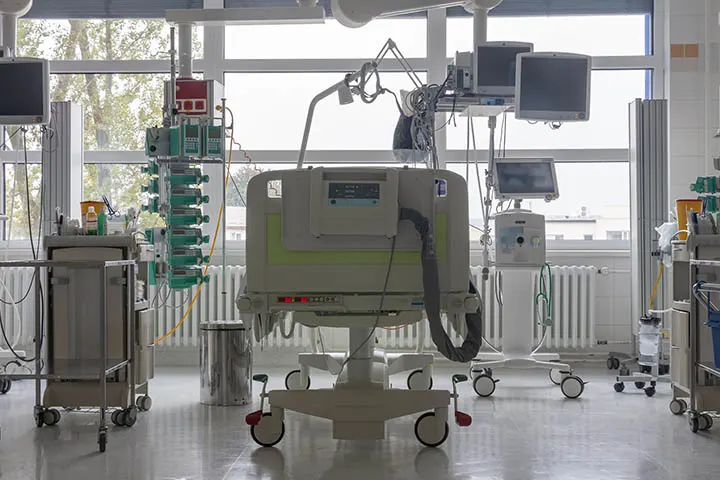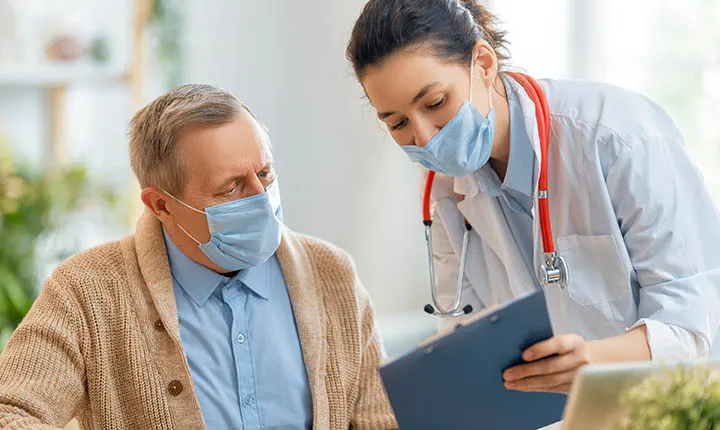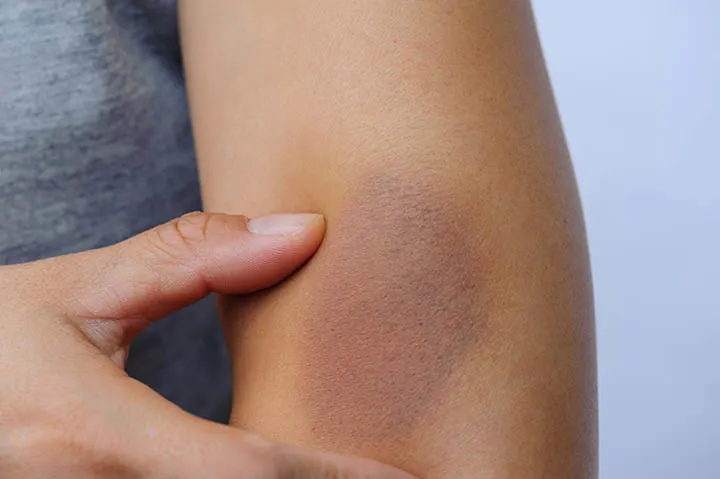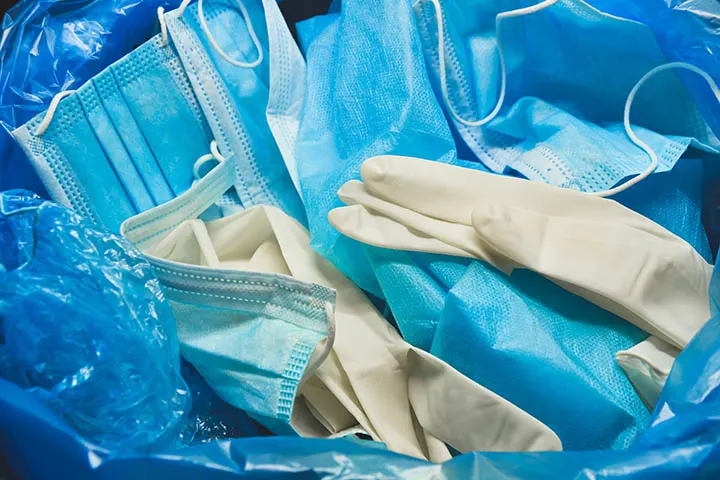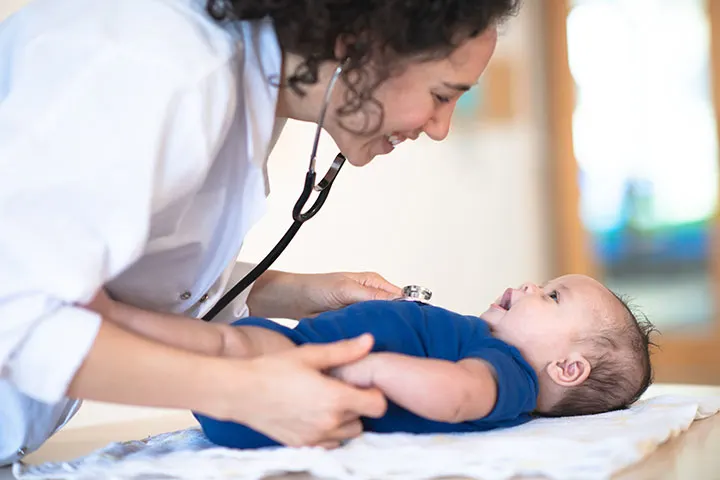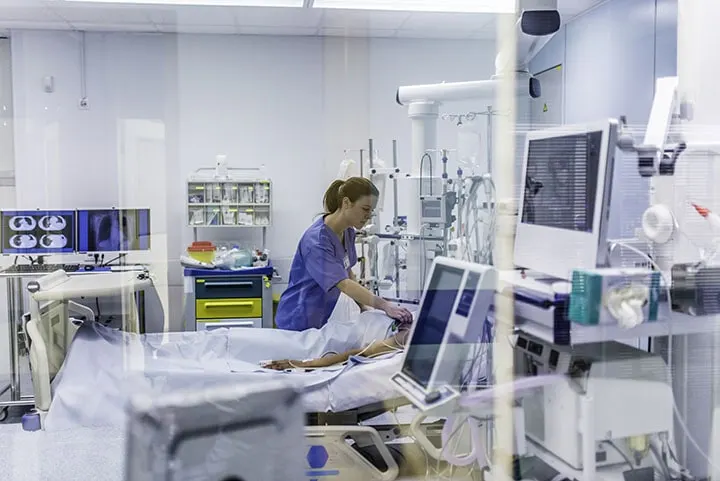Understanding the Different Types of IV Sets and Their Uses
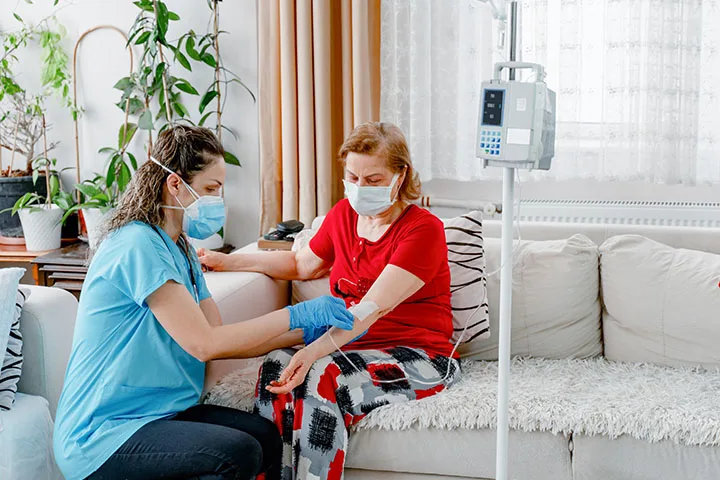
Most people have at least a vague understanding of what IVs are. IVs administer essential medications or other substances directly into a patient's bloodstream. They consist of a fluid-filled bag, a tube fluid travels through, and a needle that injects the fluid into the bloodstream through the veins. Meanwhile, an IV pump controls how much fluid is being released from the bag and delivered to the patient.
Read More...
